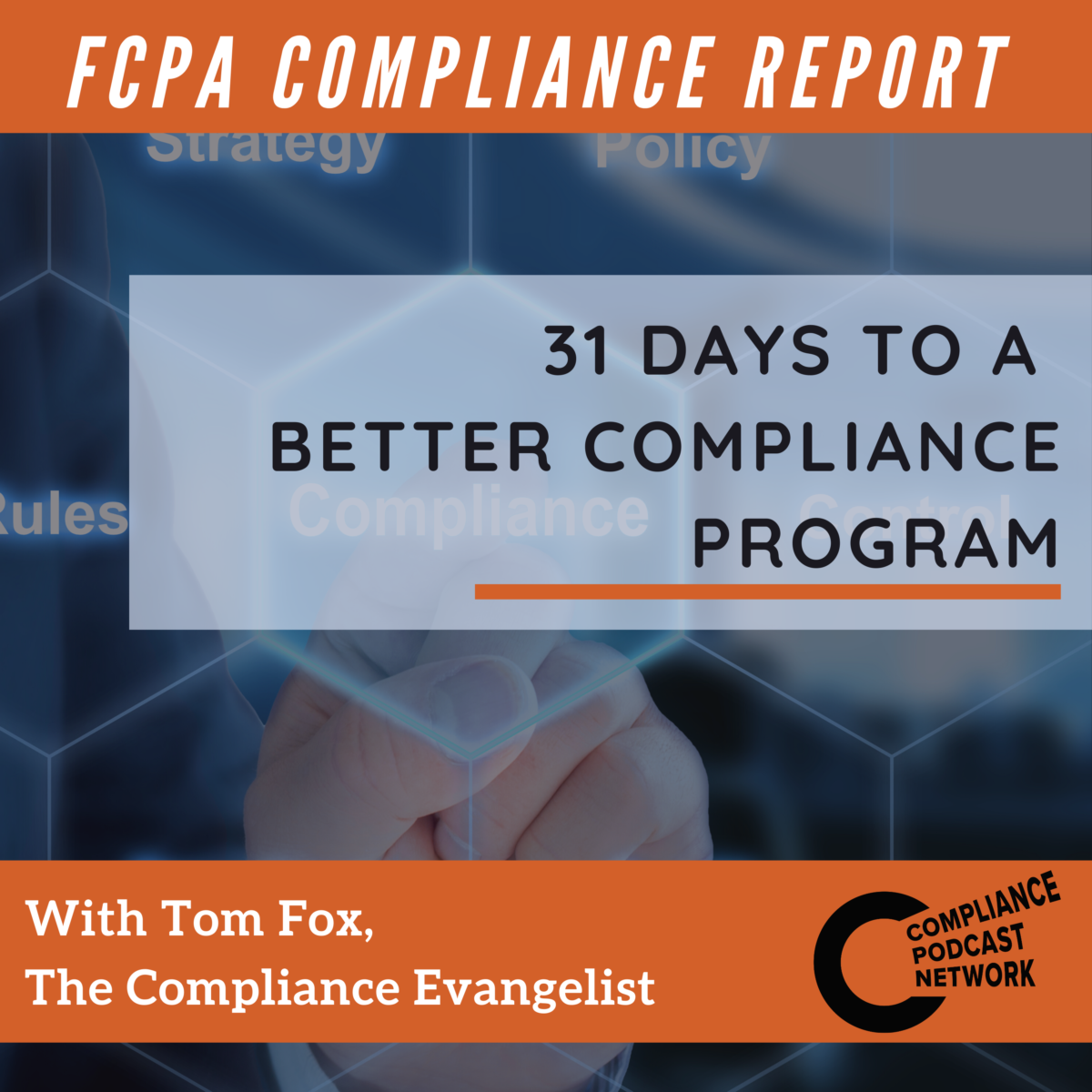Meric Bloch strongly emphasizes the importance of workplace investigations and fostering a culture of employee compliance. He believes that merely setting up a hotline and establishing policies is insufficient; companies must actively engage with employees to understand their motivations for speaking up or remaining silent. Bloch also underscores the need for accountability and a critical evaluation of the effectiveness of compliance programs. His experiences with multinational companies have shaped his understanding of the challenges they face, particularly the fear of being perceived as incompetent and the difficulties in reporting.
One of the key points raised by Bloch is the importance of making speaking meaningful and credible. He pointed out that companies often fail to communicate what should be reported, leading to confusion among employees. Bloch also highlights the lack of follow-up interviews and training for reporters as a problem. He stressed the need for organizations to engage with reporters and gather additional information to better understand the context and potential gaps in the initial report. Bloch also discussed the importance of addressing friction points within organizations. He mentioned that employees often hesitate to speak up due to concerns about the involvement of headquarters or fear of retaliation. Organizations must actively address these concerns and create an environment where employees feel safe and supported when reporting issues.
To create a culture of speaking up, organizations must move beyond passive measures such as hotlines and policies. They need to actively engage with employees, educate them about their role in the process, and provide clear guidance on what should be reported. By doing so, organizations can foster a culture of compliance where employees feel empowered to speak up and contribute to maintaining ethical standards.
Three key takeaways:
1. Your investigation process must go beyond simple policies and procedures.
2. Seeking additional information from a reporter will enhance the investigative process and your culture.
3. Remove friction points in the speak-up and investigative processes.
Do you want to improve your culture? How can you assess your culture and develop a strategy to improve it going forward? In this free webinar on the new tool, The Culture Audit with Tom Fox and Sam Silverstein, on Tuesday, November 28, 12 CT, For more information and registration, click here.










